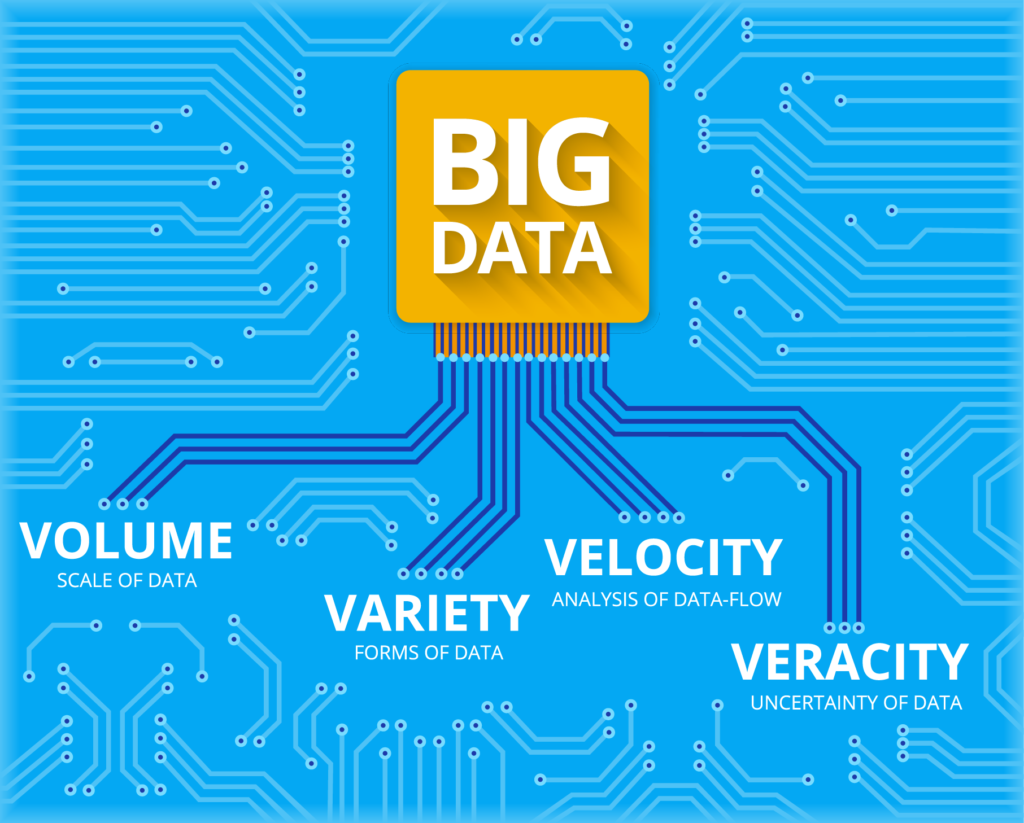 What’s the biggest impediment to business these days? Lack of capital? Skill shortages? Overcapacity? Regulation? Mark Gibbs, Senior Vice President, SAP SE and President of SAP Greater China, argues that it’s actually complexity. Billions of dollars of potential corporate profit is buried under a mountain of inefficiency and waste, he says, resulting in missed business opportunities.
What’s the biggest impediment to business these days? Lack of capital? Skill shortages? Overcapacity? Regulation? Mark Gibbs, Senior Vice President, SAP SE and President of SAP Greater China, argues that it’s actually complexity. Billions of dollars of potential corporate profit is buried under a mountain of inefficiency and waste, he says, resulting in missed business opportunities.
During the JP Morgan Global China Summit, I chaired a panel discussion with Kai-Fu Lee, Chairman and CEO of China’s Innovation Works and Ken Hu, Deputy Chairman and Rotating CEO of Huawei. It seemed to us that both the problems that business faces these days, and the remedies they need to overcome them, are becoming increasingly clear.
If you were to design a business organisation from scratch, based on best possible practice, it would look considerably different to what exists in almost all companies today. This is simply a reflection of the fact that they have legacy systems, which make businesses difficult to run. Scattered information and data duplication create different versions of the truth. Archaic batch processing techniques lie at the heart of existing business processes. The data explosion illustrates the limits of current technology, not only to run day-to-day operations but also as a base for innovation.
Run simple
To get most out of this new digital era, organisations need to attack complexity at all levels and embrace digital transformation – i.e. use digital technologies to create enhanced, customer-centric business models. With the growing roster of breakthrough technologies available—such as hyper-connectivity, supercomputing, cloud, big data analytics, in-memory databases, the Internet of Things (IoT), machine learning and blockchain (the technology behind Bitcoin)—companies can re-imagine their business models, the way their business processes are designed and the way their employees work.
Clearly, to ‘run simple’ and digitise business, companies need to have the right technology platform in place. Driving massive simplification and innovation in critical areas such as finance, supply chain, R&D and manufacturing requires a platform aligned to desired outcomes. One that enables businesses to commutate and integrate with key elements of the business world – customers, suppliers, workforce and now devices.
Big Data to Big Insights
All these interactions with human constituencies and devices will create ever more data. In fact, we’ll be drowning in data, which creates new data management and analytics challenges. Winners in the digital economy will meet these challenges and provide ‘insights for all’ – giving employees, partners and customers immediate access to the most relevant information they need to answer every question, understand their businesses and seize new opportunities.
Big data analytics, increasingly supported by the intelligence of machine learning, greatly expands the possibilities of transformation and growth by enabling businesses to understand the past and present in real time, and to predict the future. Companies can become a proactive and data-driven ‘live business’ – running at market speed and differentiating by being able to anticipate risks and opportunities in the moment.
Heralding the digital business framework
The right digital technologies ensure speed, agility and a rich environment for re-imagining business models. Companies need to develop an end-to-end digital business framework that can help digitise the entire value chain, including the core (ERP).
The framework enables companies to build their digital strategy across various areas:
- Drive a truly omni-channel customer engagement and commerce platform.
- Migrate from a simple sourcing and procurement model to a fully integrated business network model.
- Create workforce engagement strategy to address diversity and multi-generational workforce needs, and focus on attracting and retaining young talent.
- Harness big data, the Internet of Things and artificial intelligence to drive business insights through tight integration with core business processes and systems.
With a structured digital framework in place, companies can drive competitive advantage by expanding beyond traditional industry boundaries, transforming themselves from being asset-based to being service/outcome-based organisations.
As market leader in enterprise application software, SAP (NYSE: SAP) helps companies of all sizes and industries run better. From back office to boardroom, warehouse to storefront, desktop to mobile device – SAP empowers people and organizations to work together more efficiently and use business insight more effectively to stay ahead of the competition. SAP applications and services enable customers to operate profitably, adapt continuously, and grow sustainably.



Recent Comments